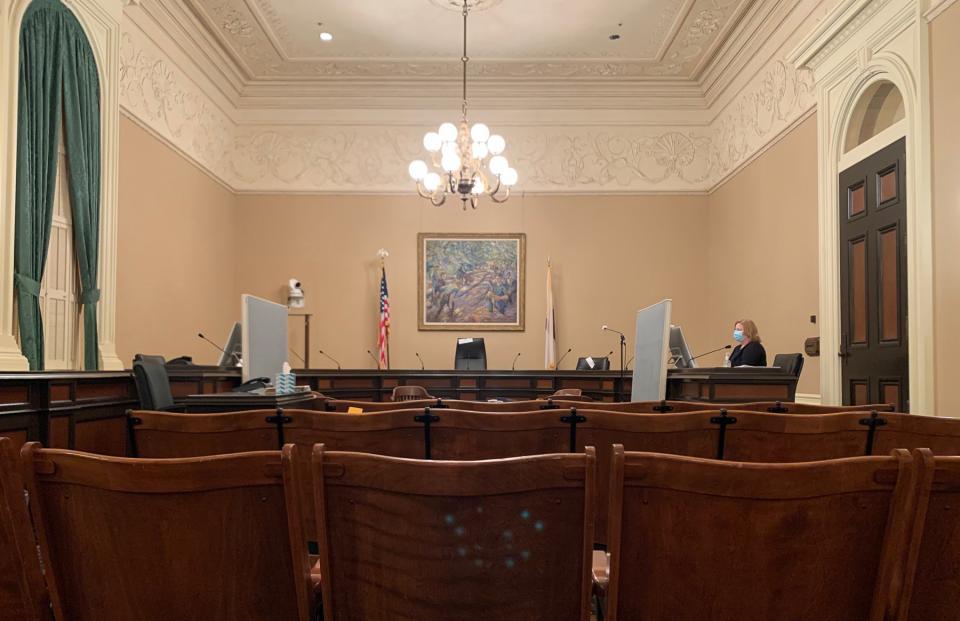Just as the COVID-19 pandemic severely impacted public education, so too did it impact the California Legislature and CFT’s legislative goals.
What would normally have been a rigorous six-month period to discuss the state budget and legislation, was reduced to two virtual sessions, one running from May 4 to June 19, and the other from July 27 to August 31. This forced the Legislature, which was slated to hear and discuss some 2,390 bills, to shelve consideration of any bills not deemed related to the pandemic, wildfires, and affordable housing.
One victim of this was a top CFT legislative priority — AB 897 (Medina, D-Riverside) which would change the “67 percent” law that limits the teaching load of adjunct faculty in a single district, raising the limit of 67 percent to 85 percent. In January the bill had cleared the Assembly floor by a vote of 76-0, giving it very good prospects.
While the bill is dead, changing the 67 percent law remains a “top legislative priority,” according to Jim Mahler, chair of CFT’s Legislative Committee and president of the Community College Council. The legislation is a result of a resolution passed at CFT Convention in 2018.
Still the CFT was able to score a number of successes, including passage of the Student Borrower Bill of Rights. The CFT co-sponsored AB 376 (Stone, D-Scotts Valley) will make California the first state in the nation to create a comprehensive set of rights for people holding student debt by requiring student loan companies to treat borrowers fairly and giving borrowers the right to hold these companies accountable when they fail to meet basic servicing standards.
Another success is the passage of SB 1159 (Hill, D-San Mateo) which would make workers, including community college employees, who test positive due to a COVID outbreak at work to get the Workers’ Compensation support they need, including necessary medical care and wage replacement benefits.
MORE: Learn more about the landmark Student Borrower Bill of Rights
WEBINAR: Sign up for our fall update of “Finding Relief from Student Debt”
MORE: Learn more about new Workers’ Comp protections during the pandemic
The state budget was impacted as well, with the COVID crisis creating a $54.3 billion deficit. Funding for schools and community colleges was preserved at current levels, protecting through the use of delayed payment to schools. The Legislature and governor are hopeful for federal aid and an uptick in revenues with the economy rebounding. The real impact of funding shortfalls is likely to come in fiscal year 2021-22.
At the same time, the statutory COLA of 2.31 percent has not been funded. The drop in revenues also killed the union’s push to secure categorical funding for paid office hours, which had been a budgetary priority.
While not being able to entirely kill funding for Calbright College — a fully online college widely criticized for being redundant and wasteful — the CFT was able to get its ongoing annual funding slashed by 25 percent, or $5 million, in addition to having $40 million in one-time funds redirected to the Student-Centered Funding Formula, or SCFF.
Further, CFT was able to secure from the Joint Legislative Committee a state audit of the Calbright system, which will look closely at Calbright course offerings to determine if they are in fact duplicative of what California community colleges are already providing.





